
01 Jan 2022

Call it the burning
One night, nine children from the same Tunisian village attempt the deadly crossing. Like a poem or a prayer, this film welcomes the words of bereaved mothers and gives dignity to their grief.
Two towns. Two nations. Thousands of paths connecting them.
Over a thousand immigrant workers from the highland of Maya community of Jacaltenango, Guatemala live and work in Jupiter, Florida, a costal resort town. The two towns are thousands of miles apart. Brother Towns/Pueblos Hermanos, filmed in both Guatemala and the U.S., chronicles how and why people migrate across borders, how people make and remake their communities when they travel far from home, and how people maintain families despite their travel. Brother Towns/Pueblos Hermanos is story of local and international controversy. News of undocumented immigrants is familiar in nearly every community across the U.S., and citizens must choose how they respond to this issue. Our story includes voices of those opposed to undocumented immigrants as well as advocates helping migrants who seek work and hope, whether documented or not.
narrartor

01 Jan 2022

One night, nine children from the same Tunisian village attempt the deadly crossing. Like a poem or a prayer, this film welcomes the words of bereaved mothers and gives dignity to their grief.

14 Nov 2018

Told through the eyes of 15-year-old Jamil Sunsin, Colossus is a modern-day immigrant tale of one family's desperate struggle after deportation leads to family separation, and the elusive search for the American dream.
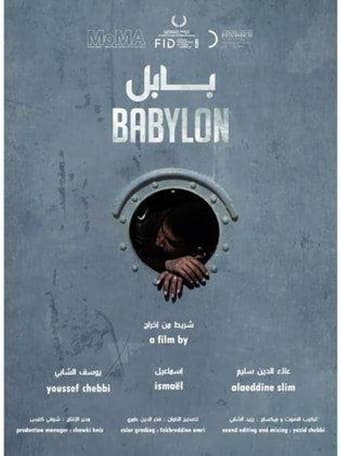
01 Jul 2012

After the insurrection erupted in Libya in the spring of 2012, more than a million people flocked to neighboring Tunisia in search of a safe haven from the escalating violence. When a massive refugee camp was hastily constructed near the Ras Jdir border checkpoint in Tunisia, a trio of filmmakers carried their cameras in and began filming with no agenda. This on-the-fly chronicle of the camp's installation, operation, and dismantling captures a postmodern Babel complete with a multinational population of displaced folk, a regime of humanitarian aid workers, and international media that broadcasts its “image” to the world. Visually stunning and refreshingly undogmatic, Babylon reveals a rarely seen aspect of the Arab Spring.
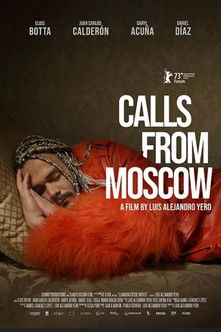
16 Feb 2023

A prefabricated estate in Moscow is meant as a transit stop for four queer Cuban exiles – until Russia’s attack on Ukraine radically shifts their outlook. Moving telephone calls back home provide the structure of Luís Alejandro Yero’s debut work.
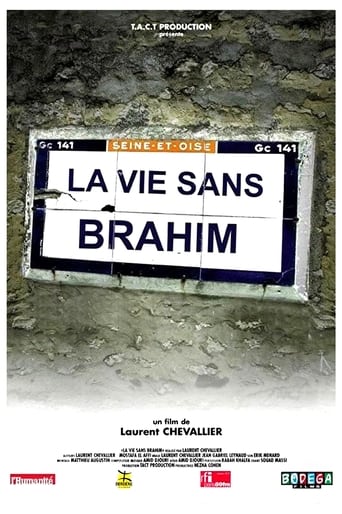
10 Jan 2003

No overview found
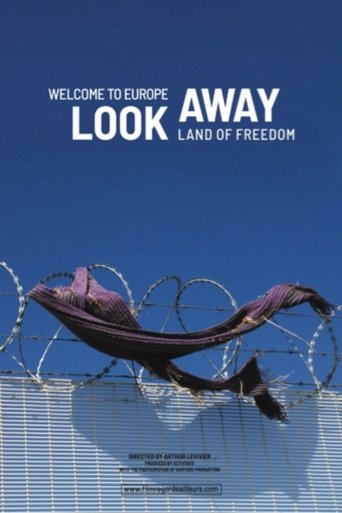
13 Feb 2019

Europe, the rule of law and host countries? Look elsewhere denounces what is happening in many European cities by taking the example of Calais. From the expulsion from the "jungle" in October 2016 to the situation there a year later, Arthur shared moments of life with men and women of Sudanese, Afghan, Ethiopian, Eritrean and local descent of Calais. By highlighting the gap between the field and the official speeches, this film shows us the strategy put in place to dissuade the exiles from staying. With original filming methods and his civic gaze, the director has managed to film the state harassment, the media staging, but also the strength and humor of the exiles.
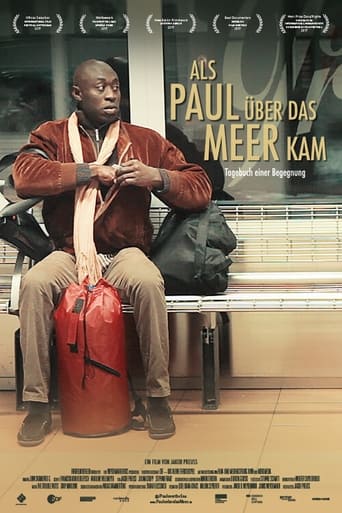
28 Jan 2017

An unusual friendship in an agitated political context.
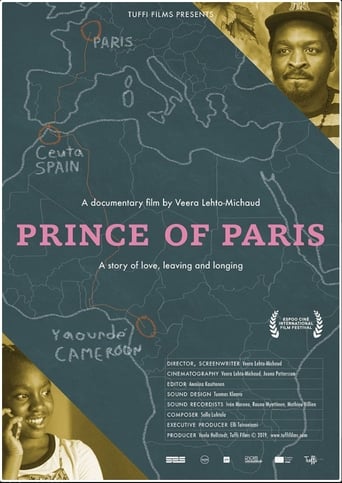
08 May 2019

A film about Princesse, a 9-year-old Cameroonian, and her father, who leaves Africa to make their dreams come true. The two keep in touch through numerous phone calls. Princesse goes to school while her father is trying to make it in Paris cleaning streets and selling souvenirs that enable him to send nice clothes to his daughter – and a smartphone that she’s been begging for.
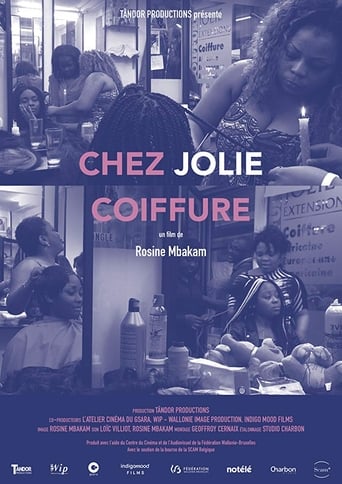
28 Feb 2019

Rosine Mbakam is invited to step in Sabine’s small hairdresser’s because it is dangerous in the street. She accepts and pushes in with her camera. Sabine’s stories and the customers’ joys, worries, problems and fears bring depth and life into the premises. At times, it feels like the entire African quarter of Brussels had squeezed in. Laughter abounds, anecdotes and life stories elicit emotions, and a male visitor brings a touch of flirt into the salon.
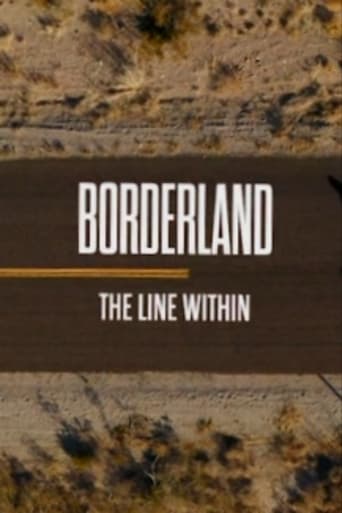
04 Apr 2024

A powerful set of stories of “righteous persons” taking action along the U.S.-Mexico border, motivated by moral conviction and compassion. "Borderland" shows how courageous actions can lead to political mobilization and the defense of human rights in the face of hate and discrimination.
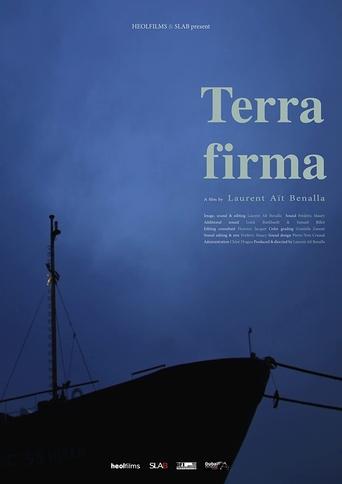
08 Dec 2016

In a small commercial harbour in the south of France, two Moroccan sailors are watching over ferries that were abandoned by ship-owners. Young Syrians make a stopover to load their cattle, African traders prepare a convoy of second-hand vehicles. Men, machines, and animals transit through this space open onto the sea.
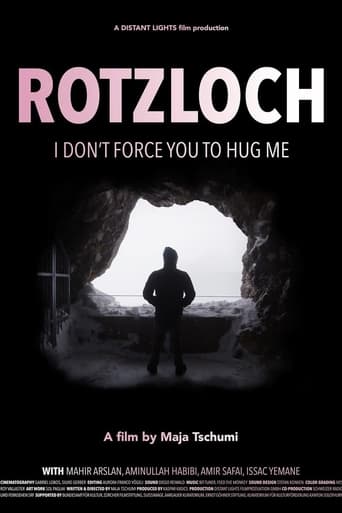
22 Jan 2022

At the end of a quarry, in a godforsaken place called Rotzloch, a new life begins for four young men.
28 Nov 2007
Documentary that shows the changing attitude towards immigrant labor in The Netherlands. The documentary follows three immigrants that arrived in Holland 30 years ago to work in a bakery.

01 May 2004

Twenty-five films from twenty-five European countries by twenty-five European directors.

17 Jul 2000

A decade after taking a series of photographs of skinhead members of a far-right group for his book Public Enemies, Leo Regan returns to three members of the gang to see what has happened to them in the intervening years.
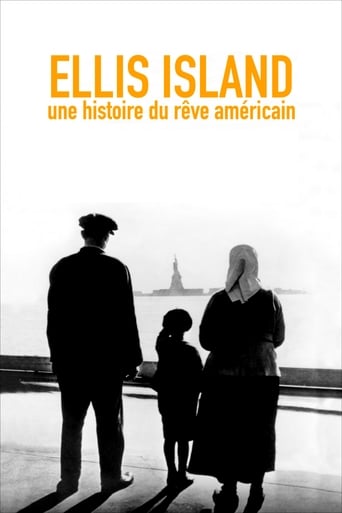
11 Mar 2014

In 1892, Ellis Island, in New York Bay, became the main gateway to the United States for immigrants arriving increasingly from Europe. The story of immigration to the United States from 1892 to 1954, an enthralling polyphonic narrative that embraces both small and great history.

20 Oct 2019

When an extraordinary new resident – Balakrishna, an Indian elephant – arrived in the town of East River, Nova Scotia, in 1967, no one was more in awe of the creature than young Winton Cook, who became inseparable from his mammoth new friend. Using painterly animation, photographs and home-movie treasures, Balakrishna transmits the wistfulness of childhood memories, while evoking themes of friendship and loss, and issues of immigration and elephant conservation.
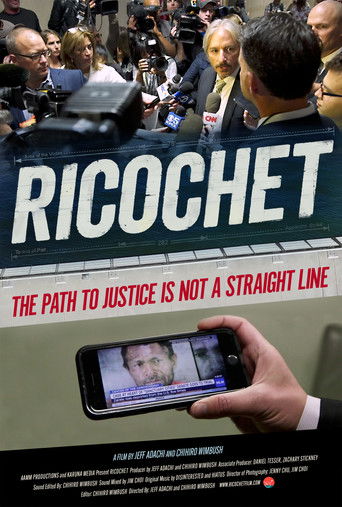
22 May 2021

When a young woman is shot by an undocumented immigrant on Pier 14 in San Francisco, the incident ignites a political and media furor that culminates in Donald Trump’s election as President of the United States. In the eye of this storm, two public defenders fight to reveal the truth.
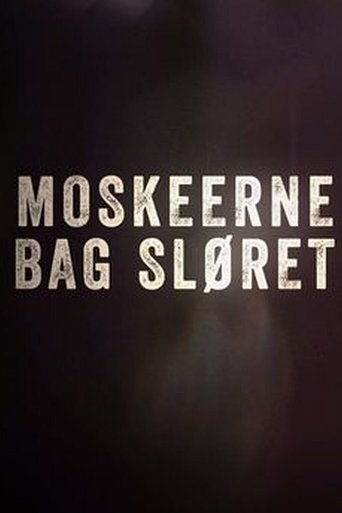
02 Mar 2016

With the help of hidden camera, Danish TV 2 documents how a known Danish imam teaches Muslim women about Islam's violent rules of adultery.
03 Mar 2005
Filmmaker Arturo Perez Torres follows in the footsteps of two friends traveling on an extraordinary and extremely dangerous journey from Central America to North America. On their journey they encounter gangs and vigilantes as well as border patrol. But these immigrants navigate real-life nightmares with uncanny calm, grace and even humor in their perilous pursuit of the a better life.